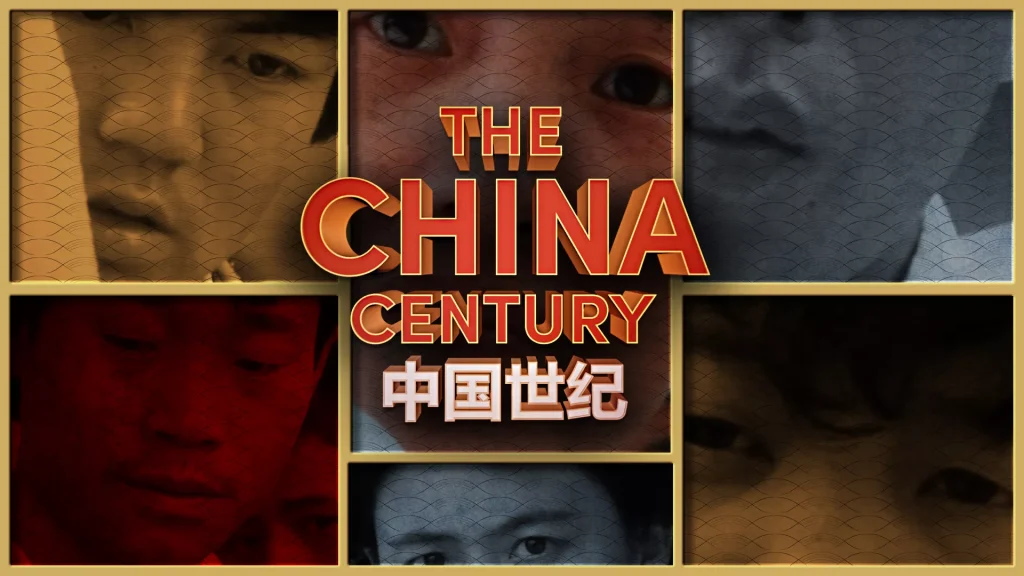The China Century episode 1: Chinese President Xi Jinping understands the greatest threat to the authoritarian state is not an invading army but the free minds of its people. This episode explores the fight for freedom of thought in China. How do you control the beliefs and desires of a population as vast and diverse as China’s?
In his first address as president, Xi Jinping declares the new vision of the people: The China Dream. Never before in the history of Communist Party rhetoric has the word ‘dream’ been uttered by a leader. Why now? What is The China Dream? And do the Chinese people share it?
For over 2,000 years since China was first unified, its rulers have sought to master this challenge. And yet the Chinese people have always found space to dream. This episode explores the opposing forces of openness and control in modern China, as the dreams of the State and the people collide.
The forces that have powered China’s rise are rarely explored, while the lives of Chinese people barely get a mention. Beyond the headlines what do we really know about China and its 1.4 billion citizens? An in-depth examination of China’s place in world politics and the global economy, from a face-off with America to its clampdown in Hong Kong and hacking and surveillance.
The China Century episode 1
China, officially the People’s Republic of China, is a country in East Asia. It is the world’s most populous country, with a population of more than 1.4 billion. China spans five geographical time zones and borders 14 countries, the second most of any country in the world after Russia. Covering an area of approximately 9.6 million square kilometers (3,700,000 sq mi), it is the world’s third or fourth largest country. The country consists of 23 provinces, five autonomous regions, four municipalities, and two Special Administrative Regions (Hong Kong and Macau). The national capital is Beijing, and the most populous city and financial center is Shanghai.
Modern Chinese trace their origins back to a cradle of civilization in the fertile basin of the Yellow River in the North China Plain. The semi-legendary Xia dynasty in the 21st century BCE and the well-attested Shang and Zhou dynasties developed a bureaucratic political system to serve hereditary monarchies, or dynasties, and the Hundred Schools of Thought debated the relation of state, family, and individual. In the third century BCE, Qin’s wars of unification finally created the first Chinese empire, the short-lived Qin dynasty.
The more stable Han dynasty (206 BCE – 220 CE) established a model for nearly two millennia in which the Chinese empire was one of the world’s foremost economic powers. The empire expanded, fractured and re-unified, was conquered, absorbed foreign religions and ideas, and made world-leading scientific advances, such as Four Great Inventions, gunpowder, paper, the compass, and printing.




